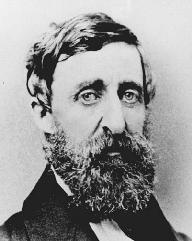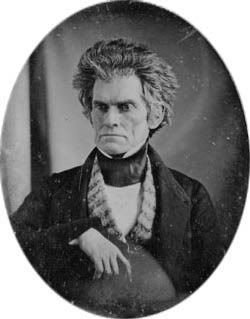 Personal Information
Personal Information
• I was born on April 4, 1802.
• I was born in Hampden, Maine
• I was taught to read and write at home by my father, which allowed me to get ahead in school.
• I did attend school but wasn’t formally educated. I educated myself through reading, attending lectures, and making acquaintances with higher educated people.
• I am notable for my work in education, establishing many schools and publishing many books for kids. I also campaigned for the treatment of the mentally ill and educated women in women’s prisons.
• My contribution to American History was humanizing the treatment of the mentally ill and establishing schools for the poor and for girls.
Issue• I was highly involved with the treatment of the mentally ill.
• I believe that those suffering from mental and emotional illnesses and diseases should not be housed in jails with felons and need their own treatment.
• I got my inspiration from being an eyewitness to the horrific conditions of housing for the mentally ill across Massachusetts and was driven by the moral values of the Unitarians, who believe in the good of society as a whole.
Solution
• My solution to this issue is to propose new legislation to improve the conditions for those who are mentally ill and allow them to receive the treatment they need.
• My proposals weren’t always welcome in congress and often met unenthusiastic officials and representatives who were only interested in politics and money. Most of the opposition was from those who didn’t want to finance the project.
• I have been very successful in my endeavor. I was responsible for the establishment of a number of hospitals, the first one housing 242 patients. In all, I established 32 mental hospitals, 15 schools, and a nursing school.
Relationship to Others• I am mixed about some of the current issues in today’s society:
o Temperance: I do believe in temperance. Because many of my patients are treated for alcoholism, I believe that simply avoiding the alcohol in the first place would be the best way to go.
o Abolition: I am a strong supporter of abolition. I was the head of the Union Army Nurses during the Civil War.
o Women’s rights: I believe in women’s rights. I am a woman and I believe that we can do just as much as men and have accomplished a lot as a woman.
o Education: Education is extremely important for all classes and genders. That is why I dedicated the first half of my life to teaching girls and establishing one of the first public schools.
o Prison reform: I am a major proponent of prison reform. I would go to prisons and write down my observations and take them to the legislatures to ask for money to get things fixed. For example, I am responsible for the addition of heat to many jails.
o Utopian communities: I do not believe in Utopian communities because everyone is different and it is impossible to make one perfect society.
o Transcendentalism: I am against transcendentalism because it is a counter to Unitarianism, which is what I believe in. Its main belief was that the soul moves towards science and reason, and Unitarians believe in the good and purity of good. These ideas contradict each other.
 http://www.wordle.net/show/wrdl/2717418/dorotheadix
http://www.wordle.net/show/wrdl/2717418/dorotheadix~A. White





















